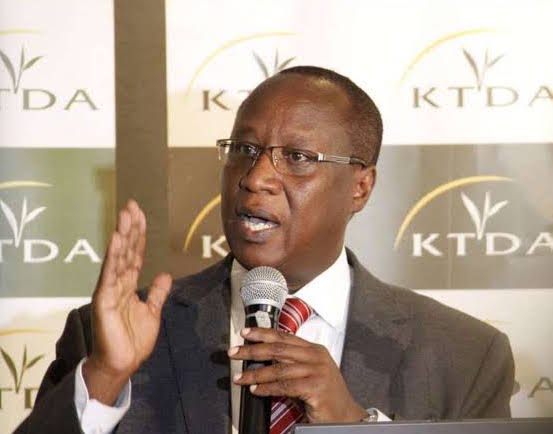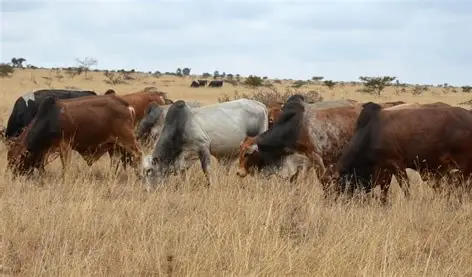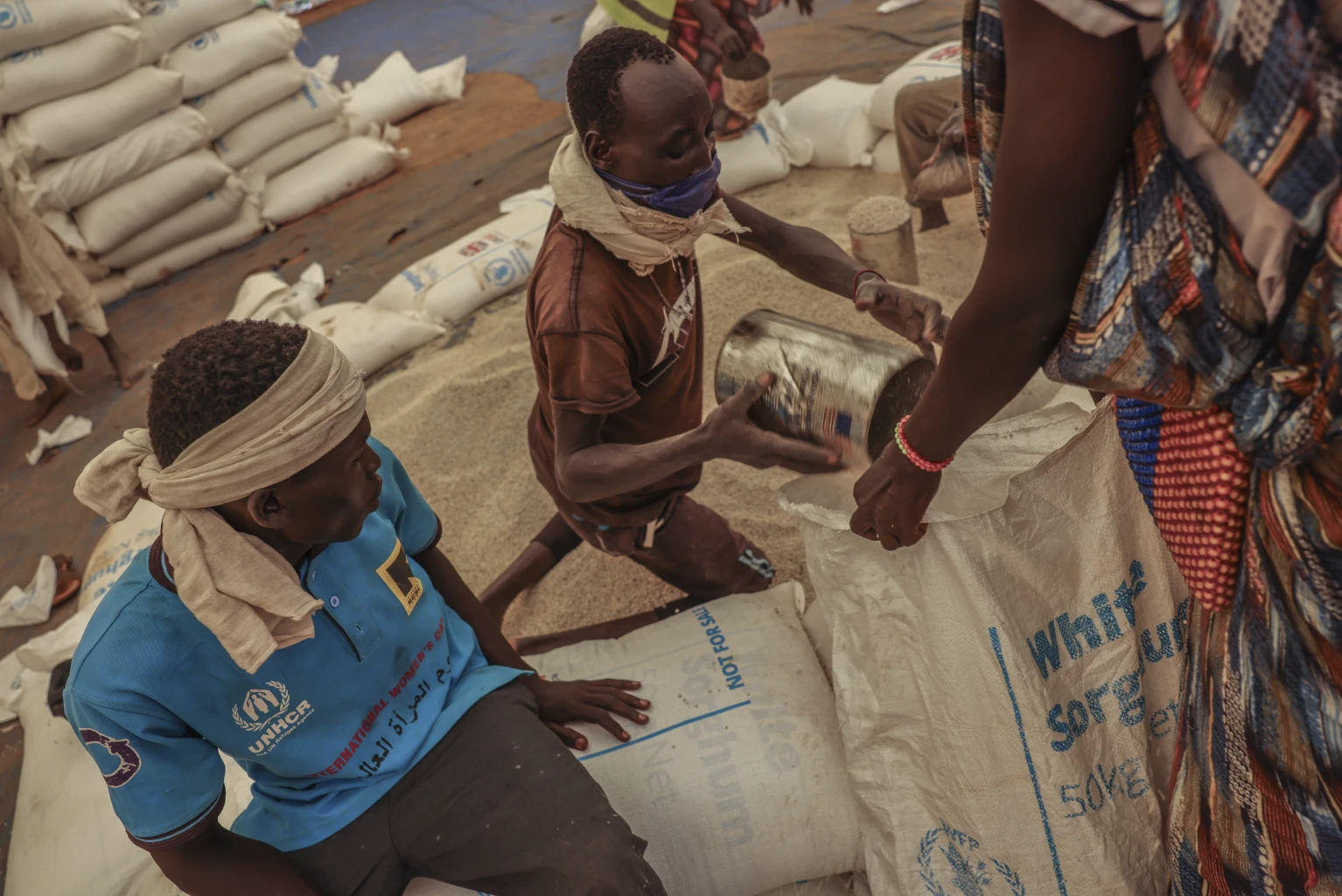
Amid ongoing reforms at the Kenya Tea Development Agency (KTDA), a fierce struggle is unfolding over the future of an organiaation that represents more than 680,000 smallholder tea farmers. This battle is driven by entrenched cartels that have long profited from the hardwork of smallholder farmers.
KTDA, once viewed as both a lifeline and a liability for tea growers, is now undergoing major reforms led by the new board, chaired by Chege Kirundi. The board is tackling decades of systemic exploitation, marking a turning point for the agency. However, these efforts have provoked strong fight back from powerful interests that thrived under the old system.
Over the past three weeks, Tell Media investigations found, there have been coordinated attacks targeting KTDA board members and factory officials from locations such as Kebirigo in Nyamira and Kapkoros in Kericho, as well as senior staff at KTDA subsidiaries such as KTDA Holdings Ltd and Chai Trading Ltd.
These aren’t random acts of criticism; they are part of a choreographed smear campaign to discredit reforms, confuse the public and halt a movement that threatens the deep pockets of entrenched cartels.
KTDA was originally established with the noble vision of empowering smallholder farmers by offering them collective bargaining power, technical support, and guaranteed markets. But over the years, a different reality took hold.
A clique of individuals entrenched themselves within the system and turned KTDA into a fortress of privilege, corruption and unaccountability. At the centre of this shadow regime were names now resurfacing from the doldrums: former chairman Peter Kanyago, former Company Secretary Kennedy Omanga and former CEO Lerionka Tiampati. Under their stewardship, industry players say, KTDA was transformed into an opaque entity with little to no regard for the plight of the average farmer.
It is remembered that an audit report prepared by a multi-agency team chaired by former Attorney General Paul Kihara implicated several senior officials at KTDA and recommended prosecution by relevant state agencies.
Those named in the probe included Omanga, Tiampati and Kanyago. The cartel is also reported to have collaborated with former board chair Enos Njeru and his predecessor David Ichoh to derail reforms at the agency.
The trio of Omanga, Kanyago, and Tiampati was removed from office in 2021 following a Presidential Executive Order in March of the same year to facilitate investigations into possible corruption within the agency.
Executive Order No.3 of 2021 directed the Attorney General to investigate KTDA for regulatory breaches, leading to the appointment of a new KTDA board in June 2021.
According to the report, as at June 8, 2021, there were cumulative loans amounting to Ksh4,233,433,663.46 (32.7 million) from Citibank, Proparco and Absa Bank guaranteed by KTDA. Additionally, asset finance loans provided by Co-operative Bank, Absa, and Standard Chartered Bank totalled $1,291,627,562.26 (Ksh167,265,936,578.61). These were secured against fixed deposits of Ksh5,947,947,607 ($45,930,051) held by KTDA in various banks.
“In considering how irrational borrowing is done at KTDA, there is a possibility that the organisation may have overcommitted itself,” the report states.
The report further noted that the former KTDA directors failed to disclose the organisation’s debt exposure by deliberately avoiding the registration of charges and mortgages for each borrowing, in violation of Section 8B (3) of the Companies Act.
Consequently, the report recommended that the KTDA Holdings Group head of legal unit be prosecuted for professional misconduct and negligence, having failed to ensure the preparation and registration of the required charges and mortgages.
Other recommendations included the remittance of tea sales proceeds to tea factories in accordance with Section 36(6) of the Tea Act 2020, which stipulates that 50 per cent of tea sales revenue should be paid to farmers within 30 days.
The report also directed that all debentures must be registered at the Companies Registry by August 31, 2021. Further, it recommended that the board strengthen its risk management policies concerning company borrowing, ensuring that KTDA-H’s borrowing limits are strictly adhered to.
It was further recommended that senior KTDA management involved in the approval of the purchase of rocky land, LR No. 10024/4 IR.27609, at a cost of Ksh59,400,000 ($458,686) be surcharged. Similarly, those involved in the purchase of swampy land in Nyandarua/Olbolsat at Ksh28,003,500 ($216,243), and those who approved the payment of Ksh38,164,469 ($294,706) in legal fees should also be surcharged.
Finally, the report established a direct loss of Ksh370 million by KTDA to the detriment of Kagwe Tea Factory Company Ltd. As a result, Kagwe Tea Factory was forced to secure loans to sustain its operations.
The returns to farmers plummeted. Decision-making was centralised and secretive. Procurement scandals emerged, yet rarely faced consequences. Farmers had become voiceless stakeholders in an institution that existed because of their sweat, land and labour.
It is this cartel, dislodged but not defeated that is now striking back, attempting to claw its way back into relevance and control.
When Chege Kirundi and his team assumed leadership, they brought with them a message that resonated with stakeholders in tea-growing regions: “Farmers First.”
It was not just rhetoric. Kirundi’s inaugural address set the tone for an ambitious restructuring aimed at ending the tyranny of mediocrity and theft.
“KTDA is not just an institution,” he said, “It is the economic lifeline of over 680,000 smallholder farmers.”
His vision was clear: transform KTDA from a self-serving bureaucracy into a farmer-centric powerhouse driven by transparency, equity and sustainability.
At the heart of the reform is the idea that farmers should not be voiceless contributors. Instead, they must be actively involved in decision-making, benefit equitably from their produce and hold KTDA accountable.
Structured farmer engagement platforms, rigorous internal audits and financial transparency tools are being introduced to achieve precisely that. This threatens cartels that relied on opacity to siphon out billions from farmers’ hard work.
The recent coordinated online and offline attacks are not just attempts to spread misinformation; they are acts of survival by a cartel desperate to maintain a stranglehold on the industry.
For instance, a tell-all press conference was “announced” at a five-star Nairobi hotel, promising damning revelations about the KTDA board. Media houses arrived, cameras set, only to find an empty room. It was a publicity stunt with no substance, but its purpose was clear: create doubt, fuel gossip, distract from progress.
At the same time, anonymous social media accounts and paid influencers have been mobilised to circulate false narratives targeting factory managers and board members. These digital mercenaries aim to manufacture public outrage and destabilise leadership at factory and national levels.
This is not new. It’s the classic playbook of cartels: when influence is lost through democratic or legal means, they resort to manipulation, misinformation and intimidation. What the cartels fear most is that the reforms are not only popular, they are legally anchored.
The Tea Act of 2020 provides the legislative backbone for the ongoing transformation. It calls for farmer representation, transparency in pricing, value addition and environmental sustainability. Kirundi’s team is not acting in a vacuum; they are executing a national mandate backed by law and demanded by the people.
The reforms go beyond governance. KTDA is adapting to climate realities by investing in climate-smart agriculture, soil regeneration, rainwater harvesting, conservation tillage and afforestation. The agency is also exploring the carbon credit markets, which could turn sustainability into additional income streams for farmers.
The board is also championing a shift to renewable energy across tea factories; solar, hydro and biomass-to-energy, lowering operational costs and positioning KTDA to meet global Environmental, Social, and Governance (ESG) standards.
Historically, Kenya’s tea export model has relied heavily on bulk sales: a race to the bottom dictated by global commodity prices. This has left farmers vulnerable, underpaid and frustrated.
The new KTDA leadership seeks to end this cycle by pushing for value addition; producing specialty teas, branded exports, and wellness-infused products that command higher margins. The goal is not just to sell more tea but to sell better tea, in better ways, to better markets.
This is not merely economic, it’s a moral imperative. Farmers deserve more than subsistence; they deserve prosperity. They deserve to send their children to school, to access healthcare, to own land that gives returns. They can if this vision is allowed to flourish.
It’s easy for the cartels to throw stones from the sidelines. But the real question every Kenyan must ask is: Who truly represents the interests of the tea farmer?
Is it those who presided over KTDA when corruption, secrecy, and losses defined the sector? Or is it the new leadership, striving for openness, accountability, climate resilience, and farmer empowerment?
The answer is self-evident to any farmer who has ever struggled to make ends meet while watching others grow fat on their toil.
Tea is not just a crop. It is the economic backbone of millions of households and a critical earner of foreign exchange for the country. Reforming KTDA is not just about management, it’s about the future of rural Kenya.
The new KTDA board has shown courage in the face of adversity. They have confronted powerful interests, opened up closed systems, and aligned the agency with 21st-century demands. It would be tragic if their work were undone by malicious propaganda from those who view farmers as pawns and not partners.
The smear campaign must not be allowed to succeed. Civil society, the media, government agencies, and, most importantly, farmers themselves must see through the noise and rally behind the reforms. This is not a time for silence or neutrality. This is a time to choose.
Are we a country that allows a few elites to hijack the hopes of an entire sector? Or are we a country that defends on progress, no matter how uncomfortable it makes the powerful?
The transformation of KTDA is not just a management overhaul, it is a moral and economic revolution. Let us not allow it to be smothered by lies, fear, and nostalgia for a rotten past.
Let the cartels scream. Let the fake press invites go unanswered. Let the hashtags trend and fade. But let the reforms go on. For the farmers. For the future. For Kenya.
- A Tell Media report / By Ricky Yoma







